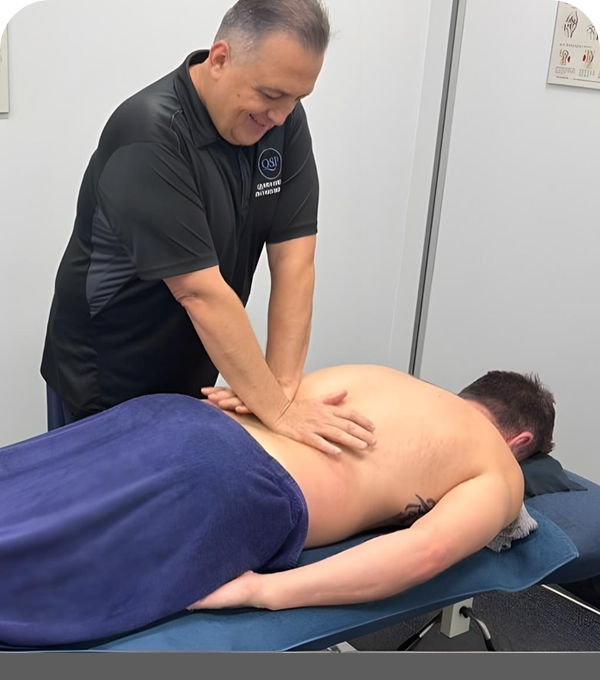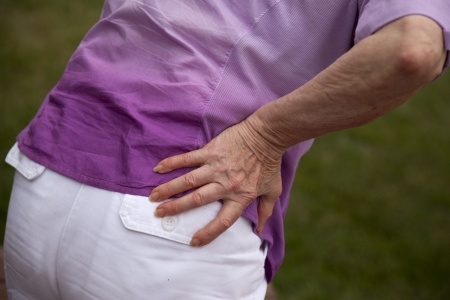

Hip Pain – Hip Flexor
Tendinopathy

Pain in the hip can often be a difficult pathology to diagnose due to the nature and complexity of the hip joint.
Iliopsoas or Hip Flexor tendinopathy is a less common form of tendon injury that can develop due to exercise that overloads the hip flexor tendon. The pain felt from hip flexor tendinopathy is often very gradual to develop so it can be a long time from the initial development to diagnosis and treatment.
Common signs of hip flexor pain are pain in the front of the hip when first beginning exercise that eases shortly into activity but then becomes painful again once stopped. This can gradually progress to pain continuously during the activity and lastly it can begin to cause pain when doing normal day to day activities such as getting out of a chair, putting on shoes and walking up stairs.
Activities that can pre-dispose individuals to hip flexor problems are running (especially hill running), kicking sports, dancing and squats. Also any change to activity such as an increase in training intensity and volume, or changing footwear can lead to hip flexor problems.
It is important to have a thorough assessment with a physiotherapist to determine the possible cause of the injury, to identify any strength and flexibility deficits and to outline a suitable rehabilitation program for returning to sport.
Treatment is highly dependent of the findings of the physiotherapy assessment but will often involve soft tissue massage and trigger point therapy, hip mobilisation, the possible use of modalities such as ultrasound, TENS, acupuncture or dry needling, and a personalised strength and flexibility program to aid return to sport and exercise.
A physiotherapist can also provide advice and guidelines on training and footwear to help prevent this occurring again. Only in a few rare cases is there a need for further medical intervention such as cortisone injections or surgical therapy.
So if you are suffering from hip pain during sport that you think could be hip flexor tendinopathy, call our clinic where one of our experienced physiotherapists can give you a thorough assessment and start you on the path to recovery today!

